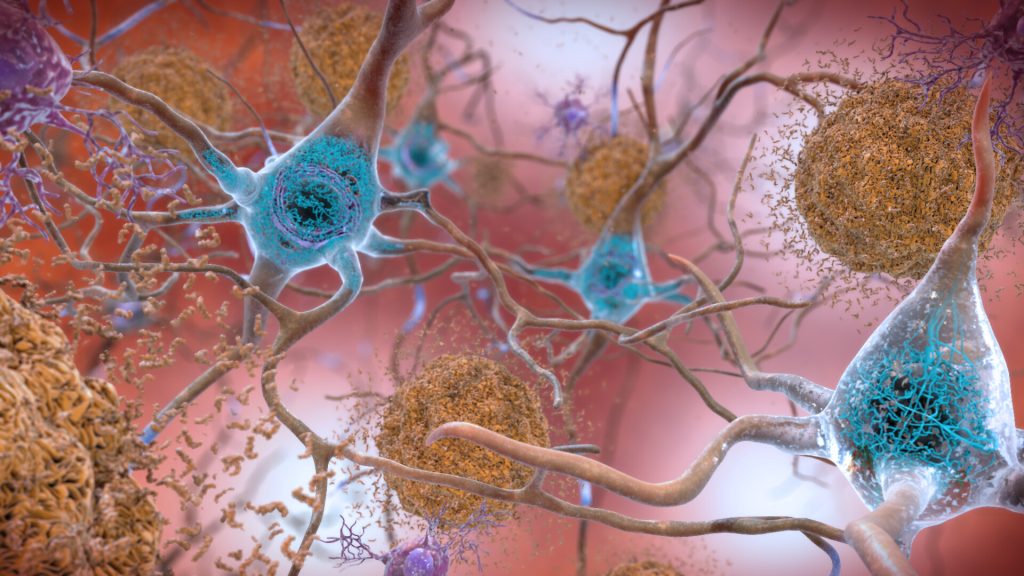Dapagliflozin Shows Benefits for Patients with MASH
Results support the potential for dapagliflozin to benefit these patients

The sodium glucose cotransporter 2 (SGLT-2) inhibitor drug dapagliflozin, widely used to treat type 2 diabetes, also shows improvements for patients with progressive liver disease, according to results of a clinical trial in China published by The BMJ.
The results show that treatment with dapagliflozin improved metabolic dysfunction-associated steatohepatitis (MASH) – a condition where excess fat accumulates in the liver, leading to inflammation – and liver fibrosis compared with placebo.
MASH affects more than 5% of adults, more than 30% of individuals with diabetes or obesity, and can progress to cirrhosis in up to 25% of individuals.
Several studies have reported that SGLT-2 inhibitors can improve liver fat content, liver enzymes, and liver stiffness, but no trial has been carried out among patients with MASH.
To address this, researchers enrolled 154 adults (average age 35; 85% men) diagnosed with MASH after a liver biopsy at six medical centres in China from November 2018 to March 2023.
Almost half (45%) had type 2 diabetes, and almost all had liver fibrosis (33% stage 1, 45% stage 2, 19% stage 3).
After an initial screening biopsy, participants were randomly assigned to receive 10 mg of dapagliflozin or matching placebo once daily for 48 weeks and attended health education sessions twice a year.
Various factors including body weight, blood pressure, blood glucose, liver enzymes, physical activity, diet, insulin, and lipids were also assessed at enrollment and throughout the trial.
MASH improvement was defined as a decrease of at least 2 points in non-alcoholic fatty liver disease activity score (NAS) or a NAS of 3 points or less.
After an end of study biopsy at week 48, 53% (41 of 78) participants in the dapagliflozin group showed improvement in MASH without worsening of fibrosis (defined as no increase in fibrosis stage) compared with 30% (23 of 76) in the placebo group.
Resolution of MASH without worsening of fibrosis occurred in 23% (18 of 78) participants in the dapagliflozin group compared with 8% (6 of 76) in the placebo group.
Fibrosis improvement without worsening of MASH was also reported in 45% (35 of 78) participants in the dapagliflozin group compared with 20% (15 of 76) in the placebo group.
The percentage of participants who discontinued treatment because of adverse events was 1% (1 of 78) in the dapagliflozin group and 3% (2 of 76) in the placebo group.
The researchers acknowledge that the trial was conducted in a Chinese population, which limits its broader generalisability, and that female and older patients were under-represented. But they point out that results were consistent after further analyses, suggesting they are robust.
As such, they conclude: “Our findings indicate that dapagliflozin may affect key aspects of MASH by improving both steatohepatitis and fibrosis.” Large scale and long term trials are needed to further confirm these effects, they add.
The coming years are expected to be particularly exciting in the field of pharmacological treatment for MASH, say researchers from Argentina in a linked editorial.
As more drugs become available, therapeutic decisions will likely become increasingly tailored to individual patient profiles, they write. “Ideally, such treatments should provide cardiovascular benefit, have an established safety profile, and be accessible to broad and diverse patient populations,” they conclude.
Source: BMJ Group







